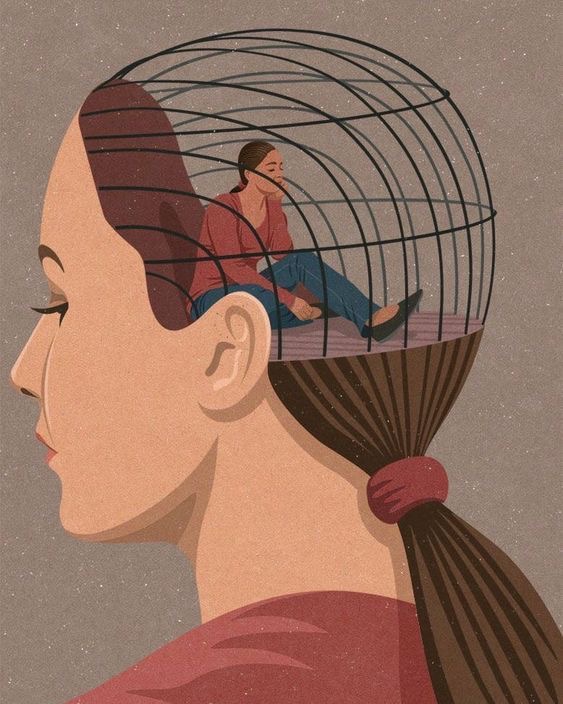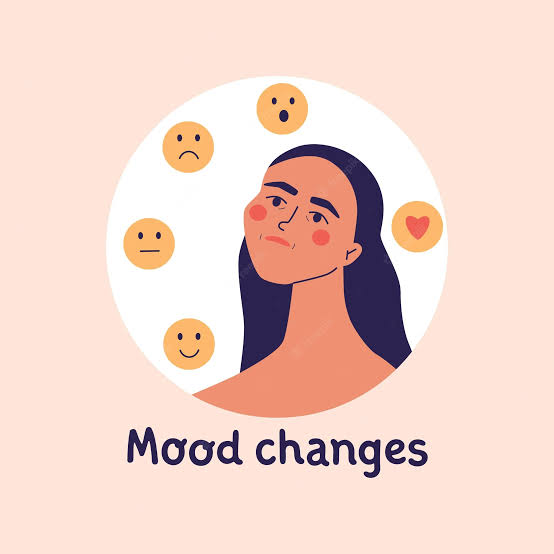
Table of Contents
Introduction
Extreme mood shifts can significantly impact a woman’s emotional well-being and daily life. These sudden and intense changes in mood, from elation to frustration, can seem inexplicable at times. However, these mood shifts often have identifiable causes. In this comprehensive guide, we will explore the common factors behind extreme mood shifts in women and discuss effective treatment and management strategies. Understanding the triggers and seeking appropriate help can empower women to regain emotional stability and improve their overall quality of life.
What is a Shift in Mood?
A shift in mood refers to rapid and often drastic changes in a person’s emotional state. It can involve shifting from positive emotions like happiness and elation to negative emotions like anger or sadness in a short span. These mood swings can be unsettling and may interfere with daily functioning. In women, various factors can contribute to these shifts, and understanding these factors is essential for effective management.
Common Causes of Extreme Mood Shifts in Women
- Premenstrual Syndrome (PMS): Premenstrual Syndrome (PMS) is a well-known contributor to mood swings in women. It occurs 1 to 2 weeks before menstruation and is characterized by symptoms such as fatigue, appetite changes, depression, and bloating. Estrogen fluctuations during this time are believed to play a role in mood shifts, though the exact mechanisms are not fully understood.
- Premenstrual Dysphoric Disorder (PMDD): Premenstrual Dysphoric Disorder (PMDD) is a more severe form of PMS, affecting up to 5 percent of women of childbearing age. PMDD symptoms include extreme mood shifts, severe depression, and irritability. While lifestyle modifications can help, medication is often necessary to manage PMDD effectively.
- Stress: Stress is a major contributor to mood shifts in women. Persistent stress, worry, and anxiety can lead to severe changes in mood and can exacerbate other psychological issues. Effective stress management techniques are crucial for mitigating mood swings.
- Psychiatric Causes: Psychological disorders and behavioral conditions, including ADHD, depression, and bipolar disorder, can significantly impact mood and lead to extreme mood shifts. Treating these underlying conditions is key to managing mood swings effectively.
- Hormone Imbalances: Hormone imbalances, such as hypothyroidism, can disrupt mood stability. Estrogen, while implicated in PMS-related mood shifts, is not the only hormone that can affect mood. Identifying and treating hormone imbalances is crucial for managing mood swings.
- Puberty: Puberty is a phase in life characterized by emotional, physical, and psychological changes. Mood shifts and emotional reactions are common during this period of development.
- Pregnancy: Pregnancy-related hormone changes can lead to emotional and mood shifts. Physical changes and emotional stress during pregnancy can exacerbate mood swings.
- Menopause: Menopause is another significant life transition associated with mood shifts. As estrogen levels decline, women may experience changes in mood, hot flashes, insomnia, and reduced sex drive. Hormone replacement therapy may be recommended in some cases.

Treatment Strategies for Managing Extreme Mood Shifts
- Get Regular Exercise: Regular physical activity can help stabilize mood and improve overall mental and physical health. Exercise triggers the release of feel-good hormones and endorphins, which reduce stress and boost mood. Aim for at least 30 minutes of moderate exercise on most days of the week.
- Avoid Caffeine, Alcohol, and Sugar: Stimulants like caffeine, depressants like alcohol, and sugary foods can disrupt mood stability. Reducing consumption of these substances can help prevent mood swings and promote emotional well-being.
- Try Calcium Supplements: Some studies suggest that calcium supplements can ease symptoms of depression, anxiety, and emotional fluctuations associated with PMS. Consult with a healthcare provider to determine the right calcium supplement for your needs.
- Change Your Diet: Eating smaller, balanced meals throughout the day can help stabilize blood sugar levels and prevent emotional shifts caused by rapid blood sugar fluctuations. A diet rich in whole foods, fruits, vegetables, and lean proteins can support stable moods.
- Practice Stress Management: Stress management techniques, such as meditation, deep breathing exercises, yoga, and talk therapy, can help reduce stress-related mood swings. Massage therapy is another effective stress management option.
- Get Better Sleep: Adequate sleep is essential for mood stability. Aim for 7 to 8 hours of quality sleep each night. Gradually adjusting your bedtime can help you achieve this goal, leading to improved emotional well-being.
When to See a Doctor
While occasional mood shifts are a normal part of life, severe and persistent changes in mood may require professional intervention. If mood swings interfere with daily functioning or become increasingly problematic, it is advisable to consult with a healthcare provider. Some underlying causes, such as psychiatric disorders or hormone imbalances, may require specialized treatment, including prescription medications. Seeking help early can lead to more effective management of extreme mood shifts and improved overall mental health.

Conclusion
Extreme mood shifts in women can have a significant impact on their lives, but understanding the underlying causes and implementing effective treatment strategies can help regain emotional stability and well-being. Whether it’s managing hormonal fluctuations, addressing stress, or seeking professional help for underlying psychiatric conditions, there are various ways to manage mood swings successfully. By incorporating healthy lifestyle changes and seeking timely medical advice when needed, women can better navigate the challenges of extreme mood shifts and enjoy a more balanced emotional life
Share this content:








